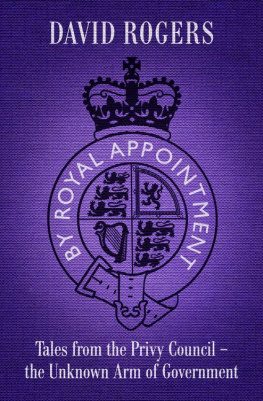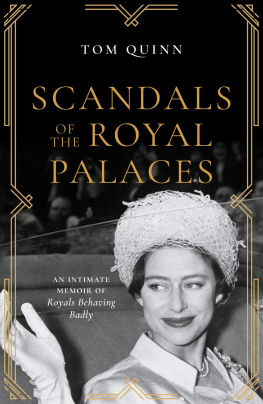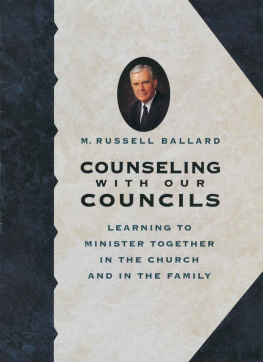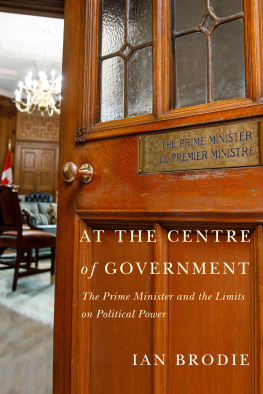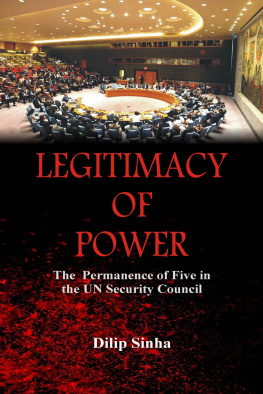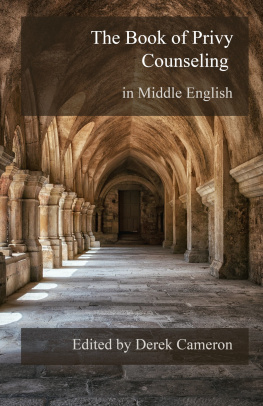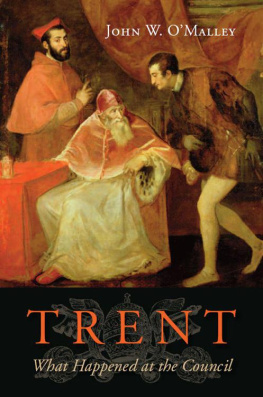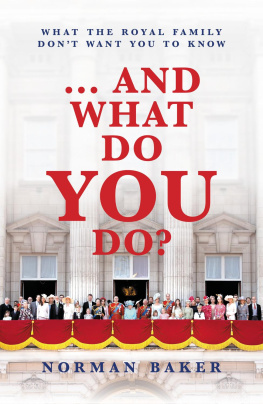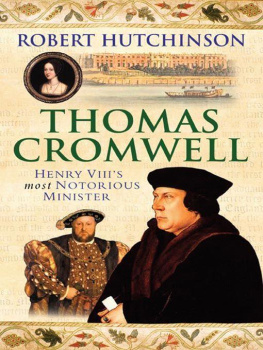I T WAS 29 NOVEMBER. The sixty-first year of the queens reign. At Windsor Castle, the oldest institution of government in the world, the Sovereigns Privy Council, was about to issue a proclamation for the proroguing of the British Parliament. The Clerk to the Council handed the monarch the document to be signed. The queen reached out for her pen. It wasnt there. Consternation. For once, the well-oiled royal machinery had broken down. The old guard sprang into action. The Clerk, Sir Almeric Fitzroy, Knight Commander of the Most Honourable Order of the Bath and Knight Commander of the Royal Victorian Order, having made a quick but fruitless inspection of the table, flung open the door and yelled for the duty Groom-in-Waiting. Old Etonian Lt Col. Lord Edward Pelham-Clinton, younger son of the Duke of Newcastle, was an elderly war veteran who moved slowly, but it was well within his capabilities to search the castle and find a pen to allow the Council to complete its business, and Parliament was duly closed.
That incident happened in 1898 and is recorded by Sir Almeric Fitzroy in his Memoirs. It is notable for two reasons. Queen Victoria, even if she didnt actually find it amusing, did say, It is very funny! More importantly, it is rare for either counsellors or the Clerk to comment on the contents of meetings of the Privy. Rare, but not unknown. Especially in more recent times, when Cabinet ministers all of whom are sworn to the Privy Council (along with, among others, leaders of the main opposition parties) are keen to rush into print with diaries, autobiographies and memoirs. One breach of secrecy that occurred regularly was the telling of the Privy Council oath. Sir Neville Leigh, who was Clerk when Willie Whitelaw was Lord President of the Council in the 1980s (it was a job and title that often went with one of Viscount Whitelaws other posts, Leader of the House of Lords), said, The problem was that politicians found the ancient ceremony of swearing in both so impressive and so bizarre that they just couldnt help telling their families and friends all about it. This was in spite of the fact that failing to keep the secrecy of the oath was a statutory act of treason. By the end of the twentieth century it would have been unrealistic to attempt a prosecution on those grounds, so the protocol of secrecy was abolished in 1998.
The taking of the oath is the culmination of a centuries-old ceremony. Now in the public domain, it can be freely published:
You do swear by Almighty God to be a true and faithful Servant unto the Queens Majesty as one of Her Majestys Privy Council. You will not know or understand of any manner or thing to be attempted, done or spoken against Her Majestys Person, Honour, Crown or Dignity Royal, but you will lett and withstand the same to the uttermost of your power, and either cause it to be revealed to Her Majesty Herself, or to such of Her Privy Council as shall advertise Her Majesty of the same. You will in all things to be moved, treated and debated in Council, faithfully and truly declare your Mind and Opinion, according to your Heart and Conscience; and will keep secret all Matters committed and revealed unto you, or that shall be treated of secretly in Council. And if any of the said Treaties or Councils shall touch any of the Counsellors, you will not reveal it unto him, but will keep the same until such time as, by the Consent of Her Majesty, or of the Council, Publication shall be made thereof. You will to your uttermost bear Faith and Allegiance unto the Queens Majesty; and will assist and defend all Jurisdictions, Pre-eminences and Authorities granted to Her Majesty and annexed to the Crown by Acts of Parliament, or otherwise, against all Foreign Princes, Persons, Prelates, States or Potentates. And generally in all things you will do as a Faithful and true Servant ought to do to Her Majesty. So help you God.
Most new members of the Privy Council confess that they are perplexed by the wording of the oath and some admit to being so nervous before the ceremony that they hardly remember anything at all though there has been no recent occasion (at any rate, not on record) to compare with the time in June 1904 when Sir Gainsford Bruce, a retiring High Court judge, steadied his nerves to such an extent that he was paralytic and had to be held up on one side by the Colonial Secretary and former England cricketer Alfred Lyttelton, with a knight of the realm propping up his other side. So alarmed was the king, Edward VII, that he cut the ritual short and had Sir Gainsford escorted to his carriage.
Nerves are understandable. A newly appointed Cabinet minister, especially in a change of government following a general election, has a hundred and one matters to worry about. If in charge of a new department of state, there are all the problems of buildings and staff. Civil servants will be pressing for policy decisions to be made. Lobbyists will be circling and the media wanting interviews. Places on Cabinet committees will be jostled for, and, if time, special advisers pacified. The amount of background reading to be done is enormous. On top of that comes a demand from the Clerk of the Privy Council to attend a rehearsal for the kissing of hands. It is vital that the Clerk gets this done. The Privy Council oath binds the Cabinet to a whole range of national secrets. Without access to that information, they could not function. So, for over an hour on what is one of the busiest days of their political careers, these now most powerful Members of Parliament practise kneeling on one knee on a stool, raising the Bible in the right hand, standing, slowly walking three paces forward, kissing the monarchs hand and walking backwards without treading on the stool or the corgis. The Queen then normally tells them that they have done very well and the new counsellors get into their official cars and go off to run the country. Most counsellors find this impressive. The one notable exception was the Labour Cabinet minister Richard Crossman MP, later to become Lord President of the Council. In The Crossman Diaries, he writes, I dont suppose anything more dull, pretentious, or plain silly has ever been invented. There we were, sixteen grown men. For over an hour we were taught how to stand up, how to kneel one knee on a cushion, how to raise the right hand with the Bible in it. Where necessary, the ceremony also involves the handing over of the seals of office.
If they think that is the end of their dealings with the Privy Council, then the new ministers are very much mistaken. At perhaps the most mundane and perfunctory level, every time a Bill completes its passage through the Houses of Parliament first formal reading, second reading debate, committee stage, report stage, final reading (both in the Commons and the Lords) it cannot become law as an Act of Parliament until it is signed by the Queen in the presence of Privy Counsellors. This goes back to the time when Parliament did not trust the monarch and thought it at least a possibility that the Sovereign might ever so slightly change the wording. It is true that these meetings dont take long. This is partly because all the participants have to remain standing. This was an innovation introduced by Queen Victoria. There is no written record of why she did this. Some say it was to continue honouring the memory of Prince Albert. The less charitable say it was because she couldnt put up with Mr Gladstone going on and on.
Ministers should be grateful for this duty of the Privy Council. Once legislation is formulated in an Act, it is possible for it to be amended by an Order in (sometimes, but only rarely, of ) Council. And some Secretaries of State will find that the work of their department is closely tied in with the Privy Council, especially Justice, Education, and the Home Office.

